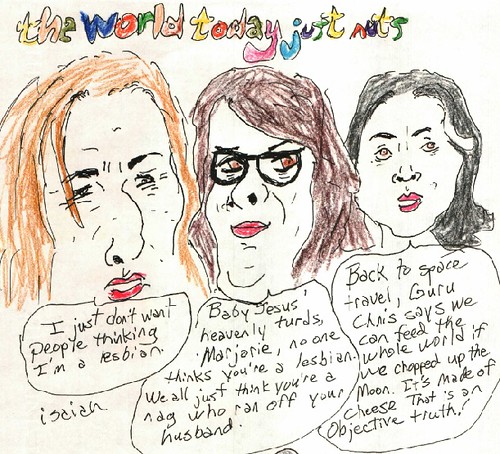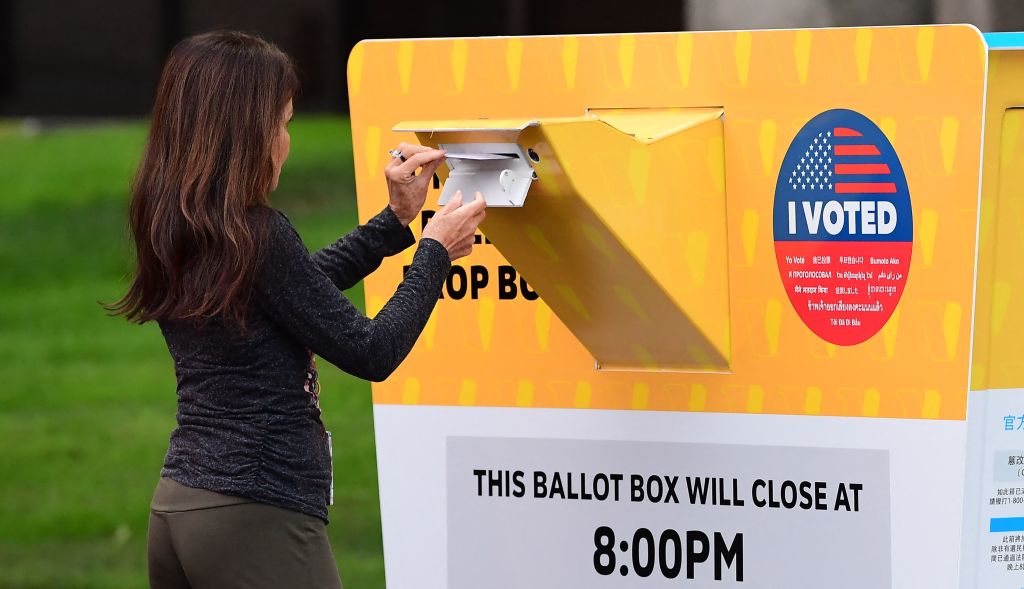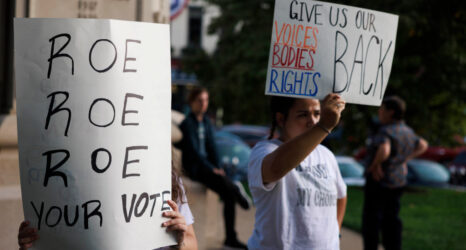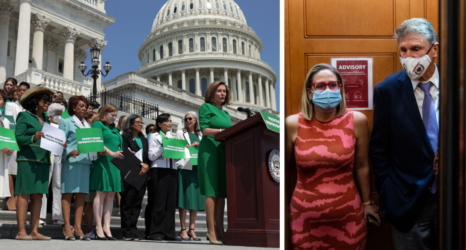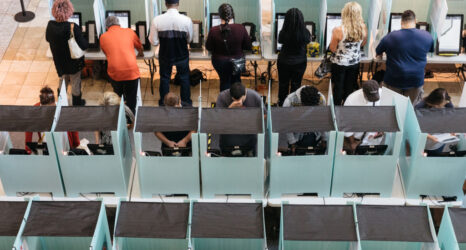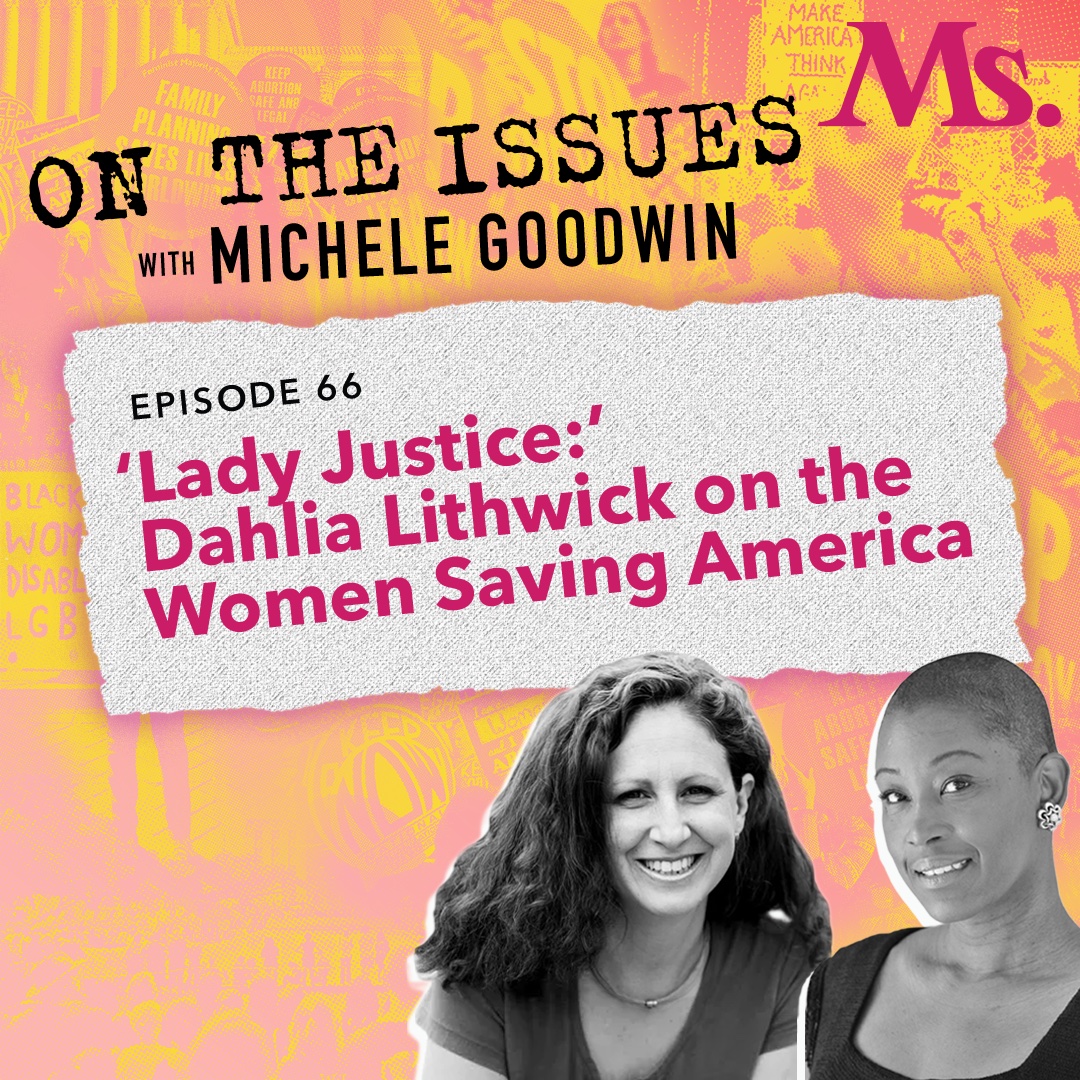Last time I said I forgot something and would take care of it. Isaiah's THE WORLD TODAY JUST NUTS "Take A Moment To Enjoy The PEW" went up Saturday and "Enjoy THE PEW" went up Sunday.
We always note Isaiah. He did a comic on Friday and we noted it then. He did one Saturday and Sunday and the plan was to note them. Then we were surprised because he did one on Monday. And we noted the Monday but forgot about the previous two.
THE GOLDBERGS. ABC, Wednesday night.
Watched it this morning. Not a good episode at all.
Erica had her baby. That should have been great. The actress was wonderful, the actor playing Geoff was wonderful.
But the B-story was Adam. And he just dragged the whole thing down. He needs to grow the hell up. He's supposed to be a college freshman. And he acts like he's 12.. Grow the hell up.
It's embarrassing. People thought it was bad at the end of THE MIDDLE when Brick was too old and too tall to do the stuff they had him doing.
That's nothing compared to Adam. No one is that juvenile.
He looks like an idiot.
And he dragged Barry down.
He needs to grow up. I've been nice and blamed the writing on this but the reality is that it goes to the actor as well because he could play some of this older and he could certainly point out that Adam needs to grow up.
Okay. Kevin Spacey:
The federal jury in Kevin Spacey's sexual abuse trial found that the Oscar-winning actor is not liable for battery against “Star Trek: Discovery star” Anthony Rapp.
The jury of five men and six women deliberated for just under 90 minutes Thursday afternoon. Rapp appeared stoic as the verdict was read, and his lawyers seemed dejected as they left the courthouse in downtown Manhattan.
Spacey dropped his head after the verdict was announced and then stood up to hug his lawyers.
Good. Marcia has long noted that Anthony Rapp's claims were contradictory and questionable. My mother blogged about how Rapp's testimony had one hole after another in it (?Anthony Rapp's story is falling apart?).
Good. Kevin went to court, he's innocent. Anthony and Ben Dreyfuss need to take accountability.
Let me do so. In third grade I hated my teacher. She was a pain. One day she made 'tutor' Julius, a big guy who should have been in fifth grade. He had trouble with math and I had to go out in the hall and sit out there (on the ground) with him and if he didn't improve, she would blame me.
One day, when we were outside, a week or two after we started, he reaches over while I'm explaining how the nines always add up to nine when you multiply something by nine and he reaches over and strokes my junk. Over the pants.
First time anyone had touched me there (I don't remember when I was too young to bathe myself). So I'm reacting. My first reaction is , "Wow, that feels good." Because it did. Admit the truth, Dreyfuss.
Then I said, "No." And I pushed his hand away. And he reached for my junk again and I said no, pushed him away, got up and walked off. I went to the office and told them that they needed to call my mom. The teacher came in and tried to get me out of the office. I refused and made it clear that either they called my mother or I was out of the school and I was not doing anything until I spoke to my mother.
So my mom gets there and she's like, "Okay, I've had to leave work, what's going on?"
And I told her. I didn't like Julius before that and I didn't like having to spend an hour with him each day teaching him math.
My mom says to the principal and the teacher, "My son is not a teacher. He is not in school to teach others, he's here to learn."
And the teacher started to speak and my mom told her to stop and said we needed to find out if that was everything.
Was it, she asked me?
No, I said, today he started touching my penis and I did like it the first time but I told him no and he continued to do it and that's why I walked off and came to the office asking them to call my mother.
My mother said I was going home with her right then and that I was to be moved into a different class because clearly the teacher didn't provide supervision. The teacher started to object and that's when my mother asked if she needed to call her brother who is an attorney?
The principal said I'd be in a different class tomorrow. And I was.
When we left, my mom asked me about what happened and how I felt about it. I was honest, it did feel good when he first grabbed it. But I didn't like the guy, I wasn't attracted to him and I didn't want him touching me there. She was supportive.
And I don't hate Julius, I never did. He made a pass. Wasn't the end of my life. I've never inflated it into rape or assault. He made a pass.
Dreyfuss kid needs to get honest. His dad was in the room and could have -- and I'm sure would have -- protected him. Sounds like the Dreyfuss kid was enjoying it on some level. And he turned it into a joke for years, a funny story to tell.
I've never believed Anthony Rapp. And, honestly, if you're a teenager and you choose to go to an adult party and get on man's bed and stay there after midnight and after the guests have left? I really think you need to see that if that did happen, it was a pass and your actions were misread. You weren't raped, you weren't assaulted.
There are real victims in this world. Women and men who are raped. And it's really sad that you try to lie and inflate.
I never took him seriously. Glad that the jury didn't either.
Here's C.I.'s "Iraq snapshot:"
The Iraqi artist, Basem Mahdi, wrote two square kilometer ‘save the marshes’ sentence in an attempt to shed light on the drought hitting the marshlands in southern Iraq.
Mahdi wrote the two square kilometer sentence in the marshlands of Al-Chibayish District in Dhi Qar governorate in southern Iraq.
The Al-Chibayish marshes is one of the most famous marshes in Iraq which suffers from a great drought due to the lack of water flow.
Ninety-one percent of Iraq’s water originates in Turkey, Iran and Syria, leaving the country at the mercy of those controlling the taps upstream. Accompanied by a translator and fixer, I set out, travelling northwards from the very south, across the country, to explore the impact of these combined forces on those most directly affected – and what that might forebode.
Poisonous snakes emerge from fields and slither into homes in Iraq, threatening people and claiming lives. In neighbouring Iran, crocodiles previously known for their “blissful” nature are attacking the same people with whom they have peacefully existed for as long as anyone can remember.
Almost 120,000 people were sickened and admitted to hospital by contaminated water in Basra, Iraq. Large protests over water and electricity claimed 23 lives. Water protests roiled Iraq’s Kurdistan in August 2021.
[. . .]Iraq is one of the world’s most water-stressed countries, ranked fifth in vulnerability to water and food availability and extreme temperatures in the UN Environment Programmes 2019 Global Environmental Outlook report.
Temperatures have risen by at least 0.7℃ over the past century; extreme heat events are occurring more frequently. The World Bank estimates temperatures will rise 2℃ by 2050 while the average annual rainfall will decrease by 9%.
President Barham Salih, in a recent piece in the Financial Times, noted that desertification affects 39% of Iraq and “increased salinisation threatens agriculture on 54% of our land”.
Unicef reported in August 2021 that 60% of children in Iraq lack access to clean water, while half of schools have no water at all. With Iraq’s population of 40 million expected to double by 2050, demographic growth will exponentially worsen the situation.
Meanwhile, dams in neighbouring Turkey and Iran choke Iraq’s famed rivers, the Tigris and Euphrates, in the heart of what was once known as the Fertile Crescent.
It was the river that is said to have watered the biblical Garden of Eden and helped give birth to civilization itself.
But today the Tigris is dying.
Human activity and climate change have choked its once-mighty flow through Iraq, where — with its twin river the Euphrates — it made Mesopotamia a cradle of civilization thousands of years ago.
Iraq may be oil-rich but the country is plagued by poverty after decades of war and by droughts and desertification.
Battered by one natural disaster after another, it is one of the five countries most exposed to climate change, according to the U.N.
Pollution caused by oil production in Iraq is the leading cause of increased rates of cancer in parts of the country; its environment minister has acknowledged.
Minister Jassem al-Falahi has acknowledged that pollution from oil production is the main reason for increases in local cancer rates.
After a BBC Arab research on oil pollution in the vicinity of Basra, which has resulted in an upsurge in leukemia cases in areas closest to the region's oil resources, Jassem Al-Falahi revealed the statement.
The information was disclosed despite Prime Minister Mustafa Al-order Kadhimi's prohibiting public workers in Iraq from discussing health issues associated with the oil sector.
Al-Falahi claimed that the Ministry of Oil prohibited personnel from the Ministry of the Environment from keeping track of pollution levels at the Rumaila oil field, the biggest in the nation and the location of the majority of waste gas flare-ups.
His remarks followed a BBC Arabic research that found populations around oil sites near Basra have a higher risk of leukemia than the general population.
Gas flaring, the wasteful burning of gas created during oil drilling, is suspected to be to blame in these towns. Pollutants like benzene linked to cancer are produced during flare-ups.
Monday, The United Nations world food Program and the Food and Agriculture Ogranization of the UN issued the following statement:
17 October 2022 - The world is at risk of yet another year of record hunger as the global food crisis continues to drive yet more people into worsening levels of acute food insecurity, the Food and Agriculture Organization of the United Nations (FAO) and the United Nations World Food Programme (WFP) warn. On World Food Day (16 October), the two agencies call for urgent action to address the root causes of today’s crisis as the world continues to face challenges without borders, including Iraq.
Iraq, known commonly as the “Land of Two Rivers” has been experiencing increased drought for the past two years, brought about by the rising temperatures, reduced rainfall which is the lowest in 40 years in addition to reduced water flows in Tigris and the Euphrates rivers. This led to degradation of arable land, increased water, and soil salinity, which all contribute to serious loss of livelihoods and an increased pressure on the state national budget, which imports cereals to ensure enough food, is available to the population.
“Iraq remains one of the most affected countries globally by the adverse effects of climate change. Unless mitigation and adaptation are implemented, the future may not be promising for the small holder farmers and vulnerable groups in Iraq,” said WFP Iraq Representative, Mr. Ally Raza Qureshi. “We at WFP believe that food is the path towards peace and as such, serious action must be taken immediately by the Government of Iraq and the International community to adopt climate smart food systems and long-term resilience building in order to ensure that Iraq and its people are able to navigate these testing times.”
“This year slogan for the World Food Day Leave no one behind. Better production, better nutrition, a better environment, and a better life, underlines the need for concerted action to ensure that everyone has access to adequate, healthy, and affordable food while maximizing environmental sustainability in particular in Iraq where climate change is disproportionally affecting the rural poor, their agricultural yields and productivity” said FAO Representative in Iraq, Dr Salah ElHajjHassan. “Each of us has a role to play in transforming food systems for the benefit of people and the planet; FAO is committed to empower the most vulnerable in Iraq, including women and youth, through the transformation to more efficient, inclusive, sustainable, and resilient agrifood systems. We need to act in global solidarity to ensure that no one is left behind and become climate advocates by wasting less, eating nutritious food, in particular seasonal and locally produced foods and caring for natural resources like soil and water”.
In 2021, Iraq developed a plan to increase the efficiency, inclusiveness, resilience, and inclusivity of its agri-food systems as part of the Food Systems Summit. This was done to ensure that everyone everywhere has access to enough affordable, safe, and nutritious food to lead active and healthy lives.
Twenty percent of the Iraq’s workforce are engaged in the agricultural sector, which is the second largest contributor to the country’s gross domestic product (GDP) after the oil sector, accounting for 5 percent of the total GDP. Thus, agriculture development is critical to allow Iraq to achieve their vision of a more diversified economy, in addition to generating employment and boosting private sector engagement. In this regard, urgent work must be undertaken on the levels of investing in research and development in an effort to make farming more technologically advanced and capable of handling adverse climate conditions and financially viable in the country, in addition to Agri-business and value chain development to increase profit margins and encourage farmers not to abandon their lands, which is not merely a detriment to their incomes, but also drives up local food costs and shortages, affecting entire communities. It is also paramount to discuss the issue of food waste, which decreases the availability of food intended for human consumption. This has consequences for the environment, natural resources, and the overall economy.
FAO and WFP together with the Government, private sector, academia, civil society will continue working together to prioritize food security, to increase local food production and to strengthen the resilience of the most vulnerable households. Immediate joint action is key to ensuring sustainable food and nutrition security while leaving no one behind.
Dr. Salah ElHajjHassan, FAO Representative, Iraq
Ally Raza Qureshi, WFP Representative, Iraq
For decades, Iraq has had to contend with all manner of challenges, sometimes catastrophes, that would hurt even the most resilient countries. The past 20 years have been particularly troubling.
The country is fast becoming one of the most environmentally stressed nations on the planet due to climate change but also to government negligence and incompetence. The results have ranged from failed harvests to cholera outbreaks, as desperation to access dwindling water supplies forces people to tap into contaminated wells.
The economy of one of the Arab world’s richest countries is crippled, devastating particularly for its disproportionately young population who, out of a lack of opportunity, are pushed into dangerous trips overseas. Iraqis constitute one of the biggest groups who migrate to Western Europe illegally.
This and other failures have fuelled political anger and driven many to the streets, even, as was recently the case, into the most important halls of power. Only last August protesters stormed the country's parliament.
The sources told Asharq Al-Awsat that Romanowski has emphasized during her meeting with Al-Sudani the necessity to form a government that “contributes to restoring security and political stability in the country,” noting that it was essential to “benefit from the experience of previous governments, because failure this time will have serious repercussions on Iraq.”
Iraqi leaders tried to reassure the US ambassador in Baghdad that the new government would maintain its strategic relations with Washington, as reported by an official in Al-Fateh Alliance.
Al-Sudani also told the German ambassador to Iraq, Martin Jaeger, that his prospective government would seek to “build balanced relations with its regional and international surroundings.”
|
|
|
|
|
|
|
|
|
|
|
|

